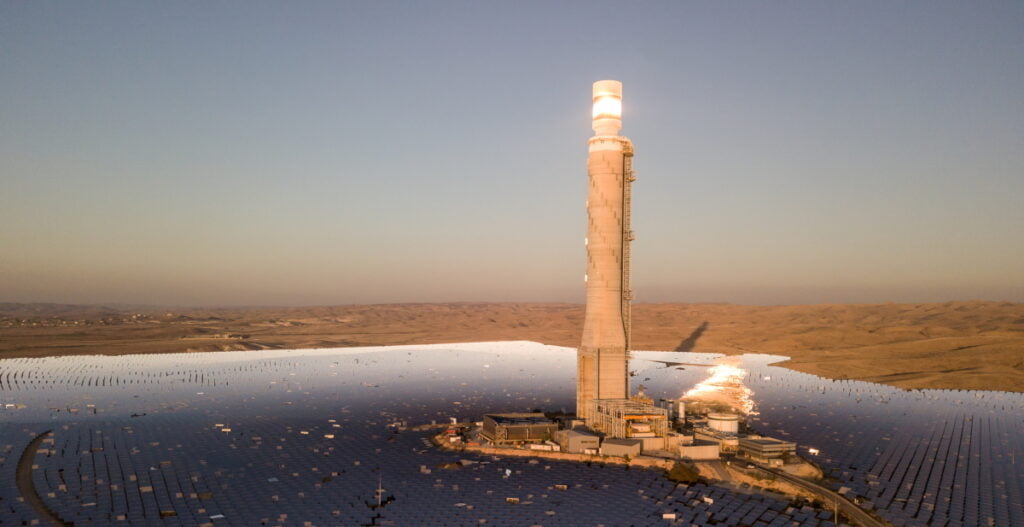Business is booming among startups in the Negev desert, many of which specialize in irrigation and construction.
The first annual report of DeserTech, a community of desert startups, in collaboration with Start-Up Nation Central, catalogues more than 300 companies.
According to the report, 22 of 66 DeserTech startups raised $374 million, and between 2017-2021, funds that were raised increased by 437 per cent. Six out of 10 companies were only in their early stages of development.
Most DeserTech startups specialize in finding solutions to smart irrigation and construction in desert and arid environments.
Sivan Cohen Shachari, director of the DeserTech Community, said: “Israel’s DeserTech sector is booming, and becoming a lodestone for companies around the world that want to operate in arid areas.”
DeserTech promotes the development, adaptation and commercialization of technologies that enable sustainable living in arid climates and aims to turn the Negev region into a global entrepreneurial hub for these technologies.
Desertification is land degradation in arid areas resulting mainly from human activities and climate change. It is largely identified by a decline in agricultural productivity and water availability. Over 2 billion people live in such areas, also known as drylands.
Desertification is becoming a major global challenge. Desert areas cover over 40 per cent of the world and are already home to over 20 per cent of the world’s population. By 2025, 1.8 billion people will experience absolute water scarcity. These devastating consequences can be seen in the damage to biodiversity, socio-economic stability, and sustainable development.
Many of these DeserTech companies propose solutions to countries in which desertification may potentially transform entire agriculture-based economies as well as green, renewable energy sources. The sector is rapidly growing due to the expansion of desertification and its effects on other countries.
The DeserTech community is partnered with the Merage Foundation, Ben-Gurion University of the Negev, the Ministry of Environmental Protection, and the Israel Innovation Institute.
Related posts

Israeli AI Safety Tool Among TIME’S Best Inventions For 2024

TAU Team Discovers Mechanism To Eliminate Cancerous Tumors

Ashdod Port Investing In Startups As Part Of Innovation Strategy




Facebook comments